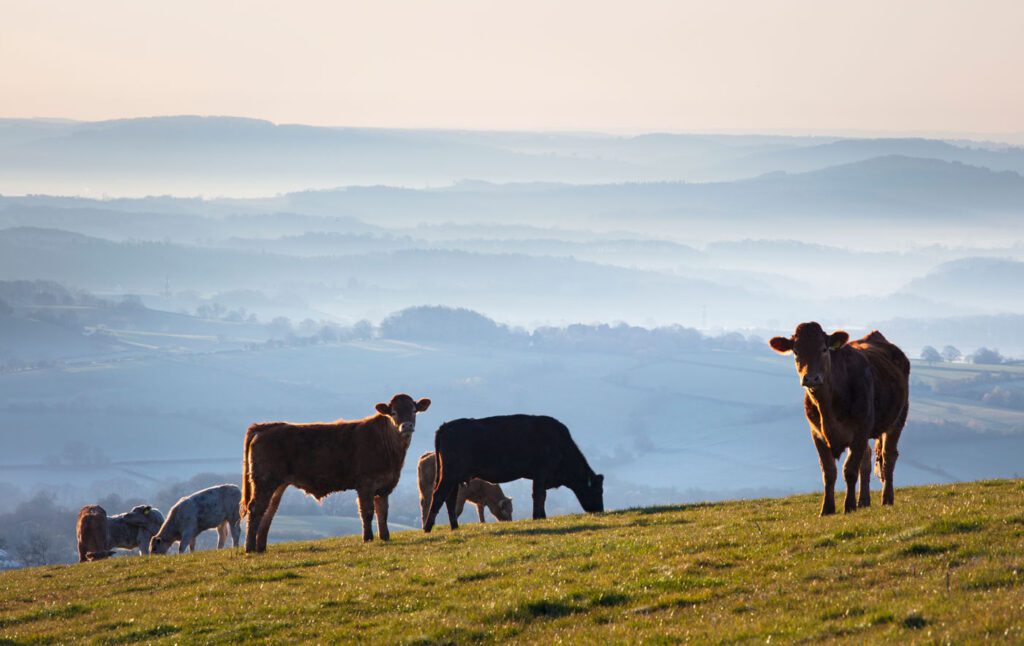Authors
Click here to listen to the accompanying podcast.
Thinking about succession in any family business is no easy task. Quite often there are difficult issues to be discussed, decisions to be made and professional fees to be incurred, all of which means that it slips to the bottom of the pile. If decisions are taken, they are sometimes left too late for them to be tax efficient, or they are made in a rushed and disjointed way, leaving room for ambiguity and misinterpretation.
Families are often very aware of the need to formulate a succession strategy, make a will, a lasting power of attorney, have a partnership agreement, make pre or post nuptial agreements or a family constitution. However, although the need for these is rarely questioned, it takes a lot more effort for most families to actually agree on a strategy and implement it.
It is easier to take sensible and logical decisions when the pressure is off. So, in an effort to persuade more families to do that, we take a look at the scenarios we commonly encounter.
“I was promised the farm”
If there isn’t clear communication within a family about what is going to happen to a farm or farming business on death or retirement, costly disputes can arise. A claim by one family member that they were promised the farm and they acted on that promise to their detriment is never easy to resolve. Communicating intentions and documenting those can narrow areas of dispute. It is also sensible to make sure that all the relevant documents are reviewed to make sure for example that wills, partnership agreements, and farm accounts are consistent with one another.
“The farm is a partnership asset”
If a farm is an asset of the partnership, it belongs to the partnership and is dealt with under the terms of the partnership agreement (or Partnership Act 1890), rather than by the terms of someone’s will. This can often come as a surprise. Partners rarely understand that where something is found to be “an asset of the partnership” it is no longer theirs; it belongs to the partnership and the other partners have an interest in it.
Whether something is a partnership asset is a question of intent. However, it is often difficult to work out what the intention of one family member might have been decades earlier. If an asset appears on the partnership balance sheet it is particularly important to have a clear understanding of whether it should be there at all.
“We’ll buy it through the company”
It is widely understood that a company is a separate legal entity, even though it may only have one director and shareholder. Hence anything purchased with company funds, belongs to the company and a person can only leave their shares in the company under the terms of their will.
While it may be tax efficient to purchase assets through a company, there are tax implications of taking property out of companies, or dividing the assets of a farming company between family members who wish to farm independently of one another. From a succession point of view, it is often important for the company articles (and potentially a shareholder agreement) to provide necessary protections which prevent shares passing to unintended beneficiaries on death.
“I will farm here until I die”
There is still a considerable amount of land let on tenancies protected by the Agricultural Holdings Act 1986. This statute generally allows two successions to take place provided the tenancy was granted prior to 12 July 1984. Succession can occur on the death of the tenant, or by the tenant serving a retirement notice. It is often helpful for a landlord to know whether a tenancy carries succession rights. Tenants have the opportunity to give succession a trial run following the service of a retirement notice. The application can be withdrawn at any time prior to the final hearing. This is not an option that is open to an applicant who has applied following the death of the tenant. In those circumstances there is no second chance.
“Don’t let the tax tail wag the dog”
Tax is always a factor in deciding how to plan for the future but it is not the only factor, nor should it be the overriding factor. Taking advice early and planning for retirement and ultimate succession can often alleviate the tax burden. But also knowing what the tax might be, can make decisions easier.
The tax landscape for rural businesses continues to evolve, particularly as businesses diversify into new income streams (Natural Capital and BNG schemes are very much part of this conversation), and this has the potential to change the tax treatment of the underlying assets, which can have significant consequences for succession. In most cases, with careful and long-term planning, it is possible to navigate these issues tax efficiently whilst balancing the overall succession aims of the business and the wider family.
An essential review
Partnership or company documentation should be reviewed regularly, and at the very least, upon the purchase of new land or significant assets or the introduction of new partners. A partnership agreement or company articles drafted long ago and buried in the farm desk are unlikely to be appropriate to a multi-generational 21st century farming business. The best protection is to ensure that up to date written agreements are in place.
Even those business that do have such agreements in place should dust them off and review them regularly against the accounts, wills and any arrangements put in place for tax purposes. There is huge value for the business and the family in getting this right. All too often clients do not realise that until a dispute arises.


